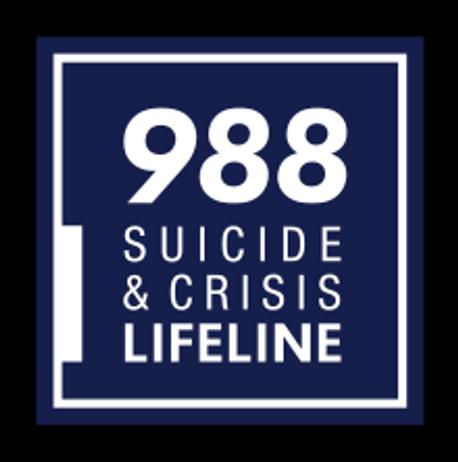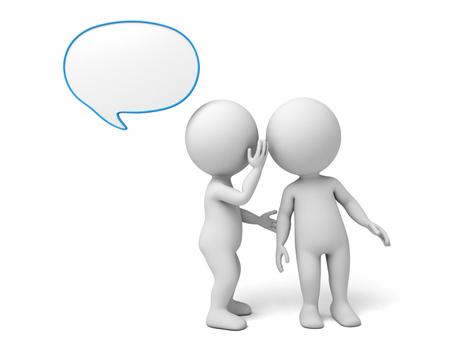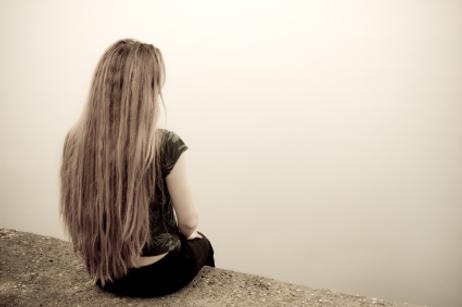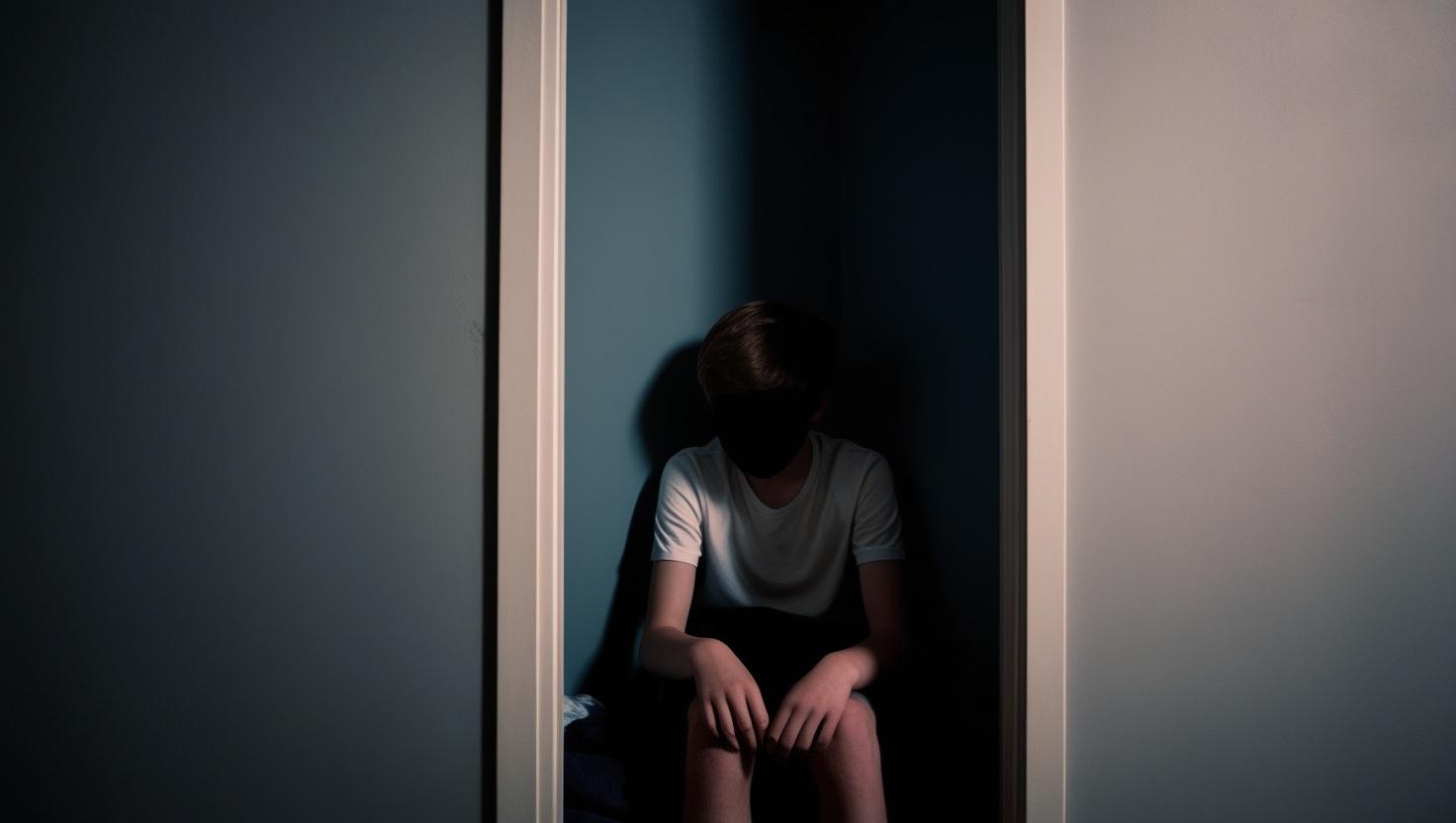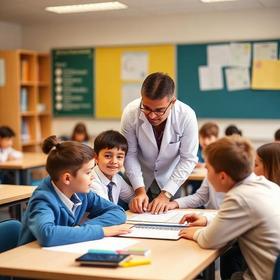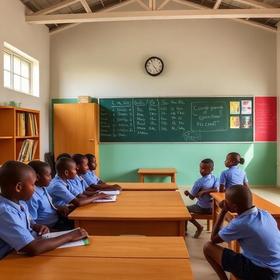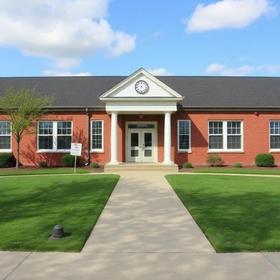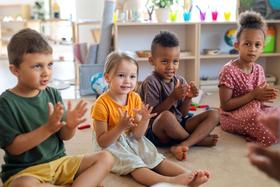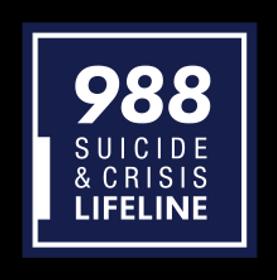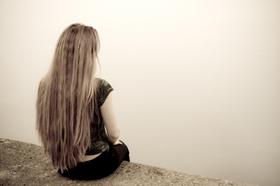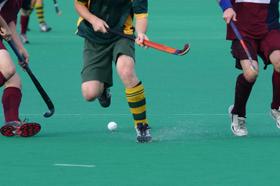The nation got a new Suicide Hotline on July 16, 2022. All somebody has to do is dial 988 to speak with a trained counselor.
988 has been designated as the new three-digit dialing code that will route callers to the National Suicide Prevention Lifeline (now known as the 988 Suicide & Crisis Lifeline), and is now active across the United States. When people call, text, or chat 988, they will be connected to trained counselors that are part of the existing Lifeline network. These trained counselors will listen, understand how their problems are affecting them, provide support, and connect them to resources if necessary. Source: 988 Suicide and Crisis Lifeline
Before we discuss suicide in more detail, please print out the logo above and pin it to your kitchen noticeboard. Then, tell your children what 988 is and what it is used for, so they can help somebody in need the same way they do by knowing how and when to call 911.
This video explains how the 988 suicide and crisis lifeline number works.
Suicide: The Subject Nobody Wants To Talk About
Suicide knows no age limits. It is shocking and tragic no matter how or when it occurs. It scatters guilt widely as the friends and loved ones of the deceased wonder what they could have done to prevent somebody from taking her life. What subtle warning signs did

